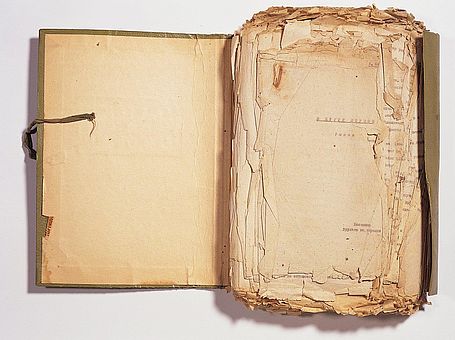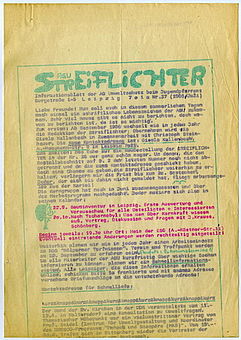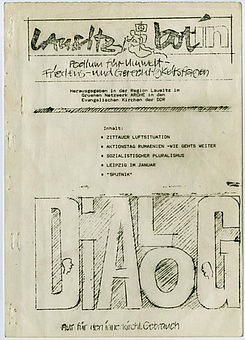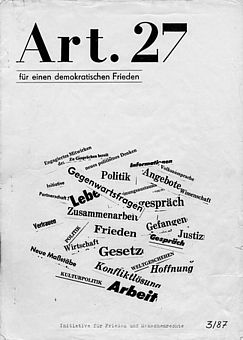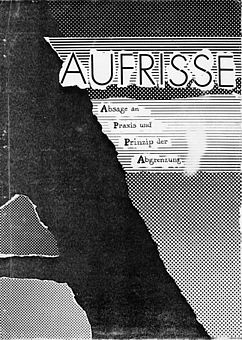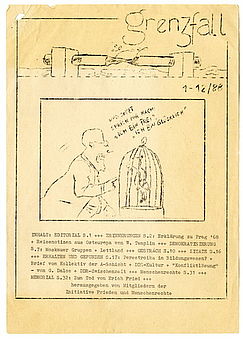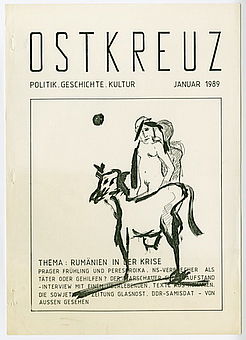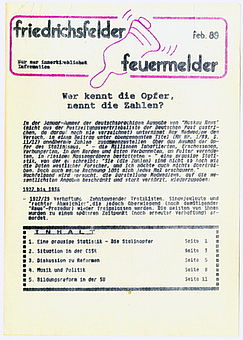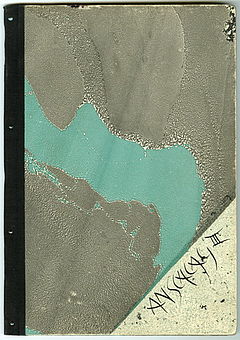
- Home >
- Awakening >
- The opposition goes public >
- Samizdat
Books and magazines could only be published with the permission of the authorities in the GDR. The state censored and banned works it did not approve of. With the birth of a subculture and opposition groups, a multifaceted underground literature scene developed in the 1980s.
Texts were produced, duplicated and distributed illicitly without official approval. Banned books were copied out and then circulated. The Russian word samizdat - self-publishing - was adopted into the German language to mean this kind of production and distribution of illegal writing. The powers-that-be could no longer fully control this form of critical comment. The scale of their distribution was limited, however.
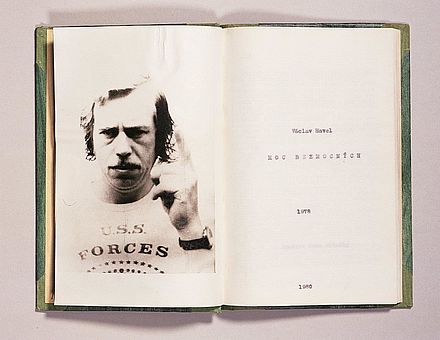
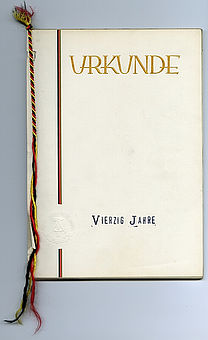
The samizdat production of newspapers and books had a long tradition in the Soviet Union, Poland and Czechoslovakia in particular. For instance, the Czech writer Vaclav Havel demanded the freedom of the word and openly criticised the dictatorship. His works were officially prohibited and could only find their way into readers' hands through samizdat.


